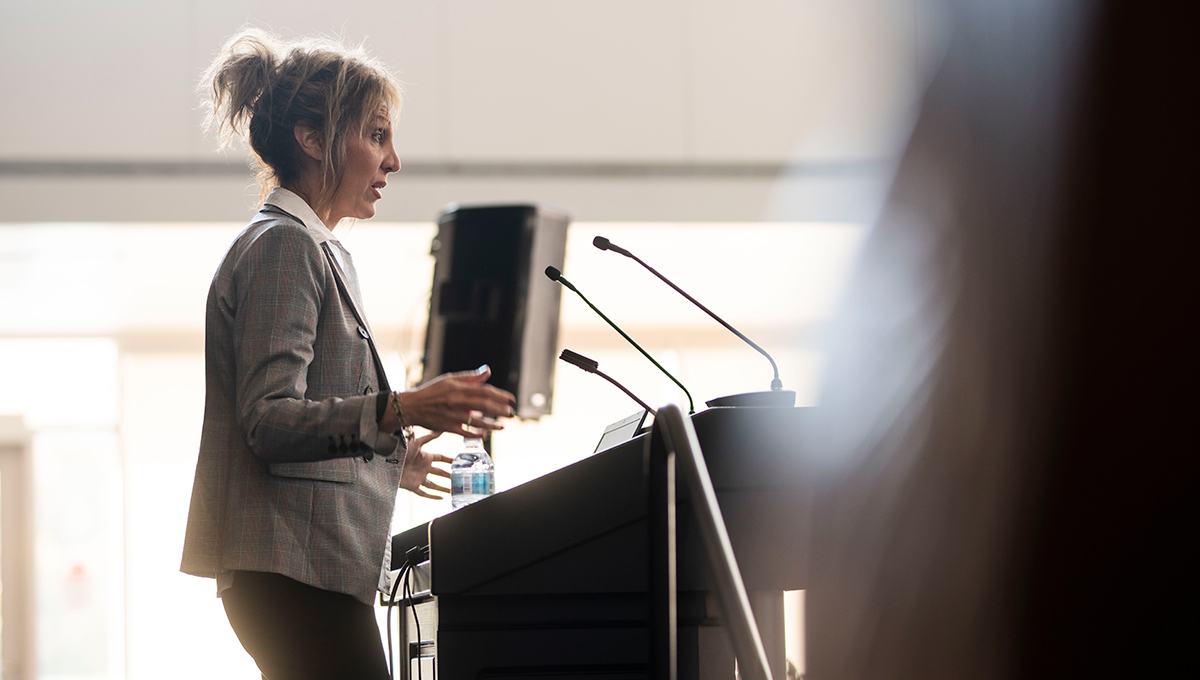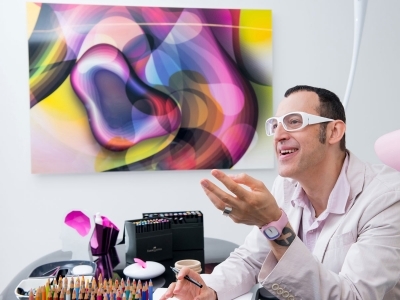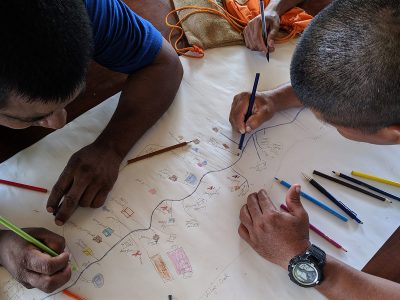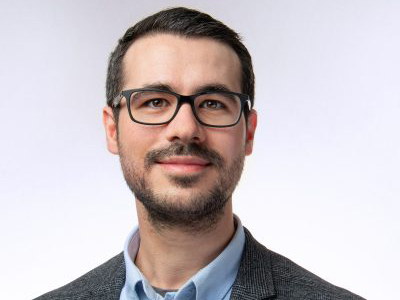By Joseph Mathieu
Carleton University graduate students will soon be applying what they learn in class by supporting their fellow students at an online Psychology Wellness Clinic.
As part of a new mental health and well-being course, the clinic will offer hands-on experience dealing with mental health issues.

Department of Psychology Chair Joanna Pozzulo
Psychology Department Chair Joanna Pozzulo is working with Student Affairs staff to create the virtual, drop-in clinic run by the psychology graduate students, who will be known as peer wellness coaches.
“Our graduate students will provide the Carleton student community with education on wellness and coaching in order to improve their well-being and to meet their wellness goals,” says Pozzulo.
Carleton students will be able to make appointments to the virtual clinic through the Student Affairs wellness website to obtain same-day support. Students can choose how they want to engage with the coach – through video, phone or chat.
The course and virtual clinic will run for the first time in the winter term of 2022.
“If we can train students to help students improve their well-being, we may be able to reduce the need for more intensive intervention,” says Pozzulo.
“I am hopeful that through education, we can improve the well-being of those in our communities.”

The course and virtual clinic will begin in the winter term of 2022. (Photo: iStockPhoto)
An undergraduate-level stream in mental health and well-being also launched in 2020. Both the graduate and undergraduate concentrations were designed to offer students a foundation in health psychology via traditional course work and health promotion through experiential learning.
Capstone courses for these concentrations “are structured such that students develop their listening skills and receive training on how to provide support in the context of health promotion,” says Pozzulo. “More specifically, in the seminar portion of the capstone courses, students learn the signs and symptoms of mental health challenges, suicide risk, motivational interviewing and how to support peers.
Pozzulo is also the director of the Mental Health and Well-Being Research and Training Hub (MeWeRTH), a virtual space established in late 2020 to connect researchers, students and knowledge-users to make mental health and well-being research more accessible to communities.
MeWeRTH and these new academic programs foster informed research, improved training and knowledge transfer while supporting those wanting to improve their well-being.

Monday, May 3, 2021 in Mental Health, Psychology
Share: Twitter, Facebook



